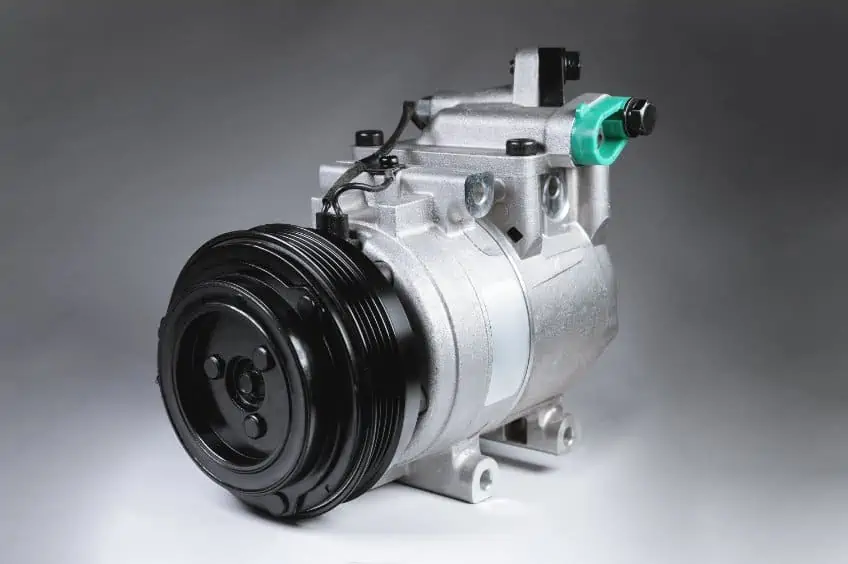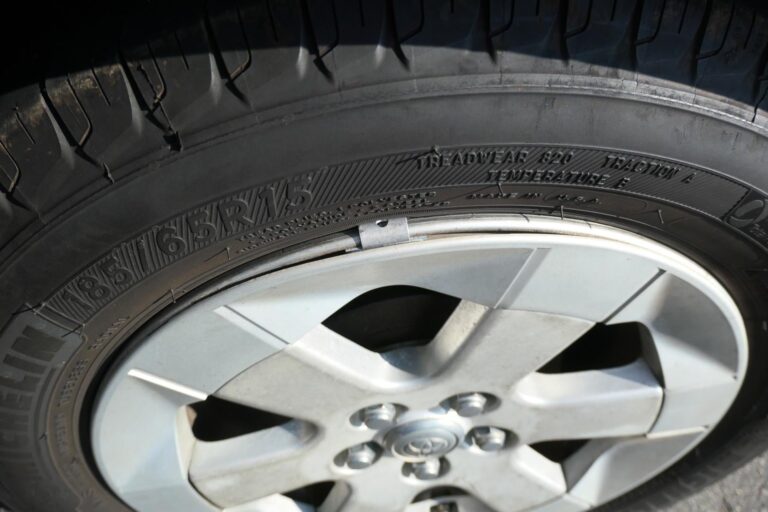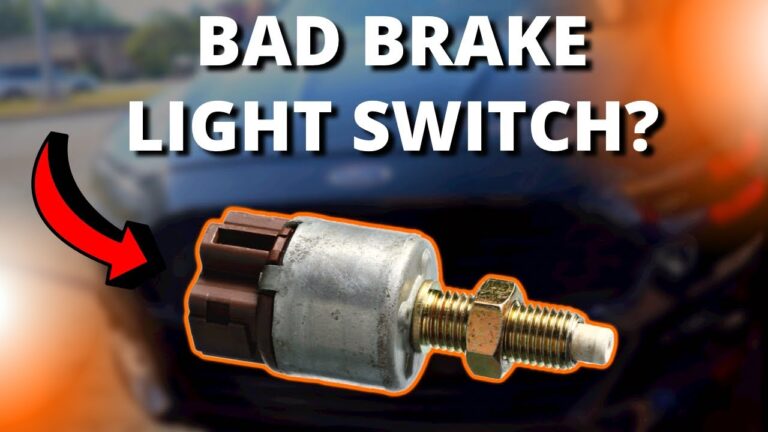Does AC Compressor Affect Engine?

The air conditioning (AC) system in your car is a complex setup that relies on various components, including the AC compressor. A common question among car owners is whether the AC compressor affects the engine’s performance. This blog explores how the AC compressor interacts with the engine, its impact on fuel efficiency, and what happens when the AC compressor malfunctions.
What Is an AC Compressor?
The AC compressor is a critical component of your vehicle’s air conditioning system. Its primary function is to compress and circulate refrigerant, enabling the AC system to cool your car’s interior. It is typically driven by the engine via a belt, meaning it has a direct link to the engine’s operation.
How the AC Compressor Affects the Engine
The AC compressor can influence the engine in several ways:
1. Increased Engine Load
- When the AC compressor is active, it draws power from the engine to operate. This extra load can slightly reduce the engine’s performance, especially in smaller or older vehicles.
2. Impact on Fuel Efficiency
- The additional energy required to run the AC compressor can lower fuel efficiency. The drop is usually minimal but becomes more noticeable in situations like stop-and-go traffic or hot weather when the AC is working harder.
3. Engine Idle Speed
- To compensate for the increased load, the vehicle’s idle speed may increase when the AC is on. This adjustment ensures the engine doesn’t stall while powering the compressor.
4. Reduced Power Output
- In some cases, you might feel a slight decrease in power, especially during acceleration, as the engine divides its energy between the drivetrain and the AC compressor.
What Happens When the AC Compressor Malfunctions?
A faulty AC compressor can cause several issues for the engine and overall vehicle performance:
1. Engine Overload
- If the compressor seizes or becomes excessively difficult to turn, it can put undue strain on the engine, potentially leading to overheating or damage to the drive belt.
2. Increased Noise
- A failing compressor may produce unusual noises, which can disrupt engine performance and cause wear on other components.
3. AC System Failure
- Without a functioning compressor, the air conditioning system will fail to cool the car’s interior.
Signs That Your AC Compressor Is Affecting the Engine
If your AC compressor is impacting your engine, you may notice the following symptoms:
- Engine Struggles or Stalls
- The engine may struggle to maintain idle speed or stall when the AC is turned on.
- Reduced Acceleration
- You might feel sluggish acceleration when the AC is in use.
- Unusual Noises
- Grinding or squealing sounds could indicate a failing compressor.
- Overheating
- An overloaded engine may overheat, especially in warm weather.
How to Mitigate the Impact of the AC Compressor on the Engine
1. Regular Maintenance
- Keep your AC system well-maintained to ensure the compressor operates efficiently.
2. Use the AC Wisely
- Turn off the AC when climbing steep hills or during heavy acceleration to reduce strain on the engine.
3. Replace a Faulty Compressor
- If the compressor is damaged, have it replaced promptly to avoid further engine issues.
4. Check the Drive Belt
- Ensure the belt that powers the compressor is in good condition. A worn or damaged belt can negatively affect both the AC system and the engine.
FAQs
1. Does the AC compressor always run when the engine is on?
No, the AC compressor only runs when the AC system is activated. It engages via a clutch mechanism when cooling is needed.
2. Can a bad AC compressor damage the engine?
Yes, a failing AC compressor can cause strain on the engine, damage the drive belt, or even lead to overheating if left unaddressed.
3. How much fuel does the AC compressor use?
The AC compressor’s fuel consumption varies depending on the vehicle, but it typically reduces fuel efficiency by 5–10%.
4. Can I drive with a bad AC compressor?
While it’s possible to drive with a faulty AC compressor, doing so can cause additional strain on the engine and lead to further damage.
5. Does using the AC in winter affect the engine?
Using the AC in winter for defogging or dehumidifying has a minimal impact on the engine, similar to summer use.
Conclusion
The AC compressor plays a vital role in your vehicle’s air conditioning system, and its operation can impact the engine. While the effect is usually minimal, a failing compressor can lead to significant issues if not addressed promptly. Regular maintenance, careful AC usage, and timely repairs can help minimize the impact on your engine and ensure a smooth driving experience. If you suspect your AC compressor is affecting your engine, consult a trusted mechanic to diagnose and resolve the issue.
Also Check:
• Does the AC Compressor Affect the Alternator?





